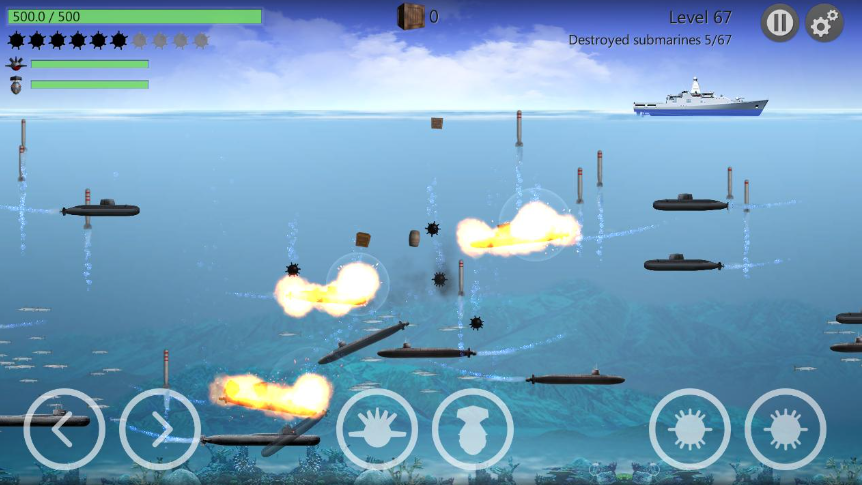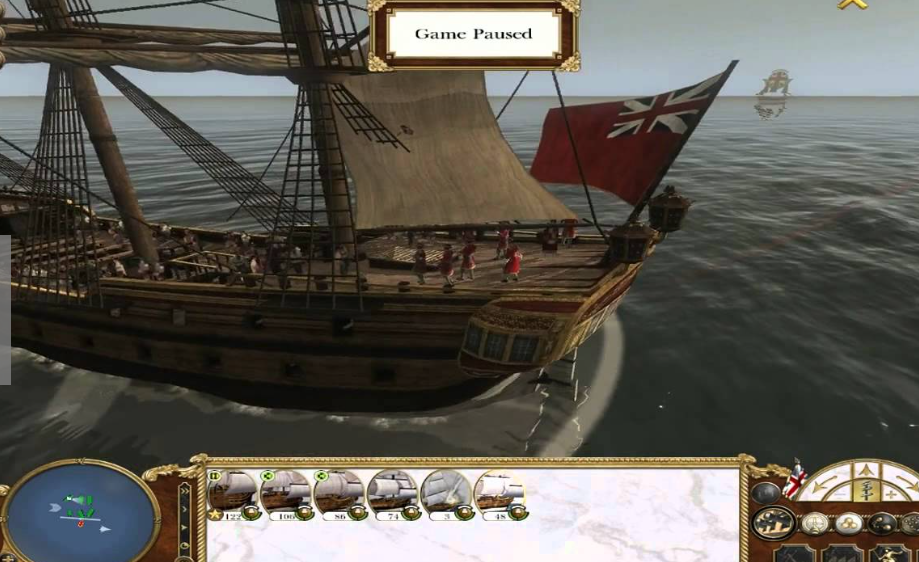How to Win Sea Battles: Strategies and Tips
Sea battles have always been a thrilling aspect of naval warfare, requiring strategic thinking, tactical maneuvers, and quick decision-making. Whether you're a beginner or a seasoned sailor, this article will provide you with valuable strategies and tips on how to win sea battles. By understanding the dynamics of naval warfare and implementing effective tactics, you can increase your chances of emerging victorious on the open seas.

How to win sea battle?
1. Study Naval Warfare Principles:
Before engaging in a sea battle, it's crucial to study the principles of naval warfare. Learn about concepts such as fleet composition, ship strengths and weaknesses, formations, and the importance of reconnaissance. Familiarize yourself with historical naval battles and the strategies employed by renowned naval commanders.
2. Assess the Enemy
Knowledge of your opponent is vital for success in any battle. Gather information about your enemy's fleet composition, capabilities, and tactics. Study their strengths and weaknesses to exploit any vulnerabilities. Understanding your opponent's strategies will allow you to develop effective countermeasures.
3. Plan Your Fleet Composition:
A well-balanced fleet composition is key to victory in sea battles. Consider the different types of ships available, including battleships, cruisers, destroyers, and submarines. Each ship has unique capabilities and roles. Create a fleet that complements each other's strengths and covers weaknesses.
4. Develop a Battle Strategy:
Based on your knowledge of naval warfare principles and the assessment of the enemy, develop a battle strategy. Consider factors such as positioning, timing, and the use of tactics like flanking, ambushing, or feints. Adapt your strategy based on the specific circumstances of the battle.
5. Master Maneuvering and Positioning:
Effective maneuvering and positioning are crucial in sea battles. Utilize the terrain, such as islands or shallow waters, to your advantage. Maintain optimal distance from enemy ships to maximize your firepower while minimizing their ability to target you. Practice maneuvering techniques like crossing the "T" to gain a tactical advantage.
6. Coordinate Communication and Signals:
Smooth communication and clear signals are essential for coordinated fleet actions. Establish a communication system, whether through signal flags, radio, or other means, to relay commands and coordinate movements effectively. Assign specific roles and responsibilities to each ship to ensure efficient teamwork.
7. Utilize Air Support:
If available, air support can significantly impact the outcome of a sea battle. Coordinate with aircraft carriers or land-based airfields to provide aerial reconnaissance, attack enemy ships, and defend your fleet. Proper integration of air support can tip the balance in your favor.
8. Exploit Weaknesses and Vulnerabilities:
Identify and exploit weaknesses and vulnerabilities in the enemy's fleet. Target ships with lower armor, weaker weaponry, or critical systems. Prioritize your attacks based on the potential impact they can have on the enemy's overall strength.
9. Maintain Supply Lines and Logistics:
Don't overlook the importance of supply lines and logistics. Ensure that your fleet has sufficient fuel, ammunition, and provisions to sustain operations during extended engagements. Establish resupply points or maintain contact with friendly ports for support.

Sea battle
Winning a sea battle requires a combination of strategic thinking, tactical execution, and effective communication. By studying naval warfare principles, assessing the enemy, planning fleet composition, developing battle strategies, mastering maneuvering and positioning, and utilizing air support, you can increase your chances of victory. Remember to exploit weaknesses, maintain supply lines, and continuously adapt and learn from each engagement. With practice and experience, you can become a skilled commander capable of achieving success on the high seas.